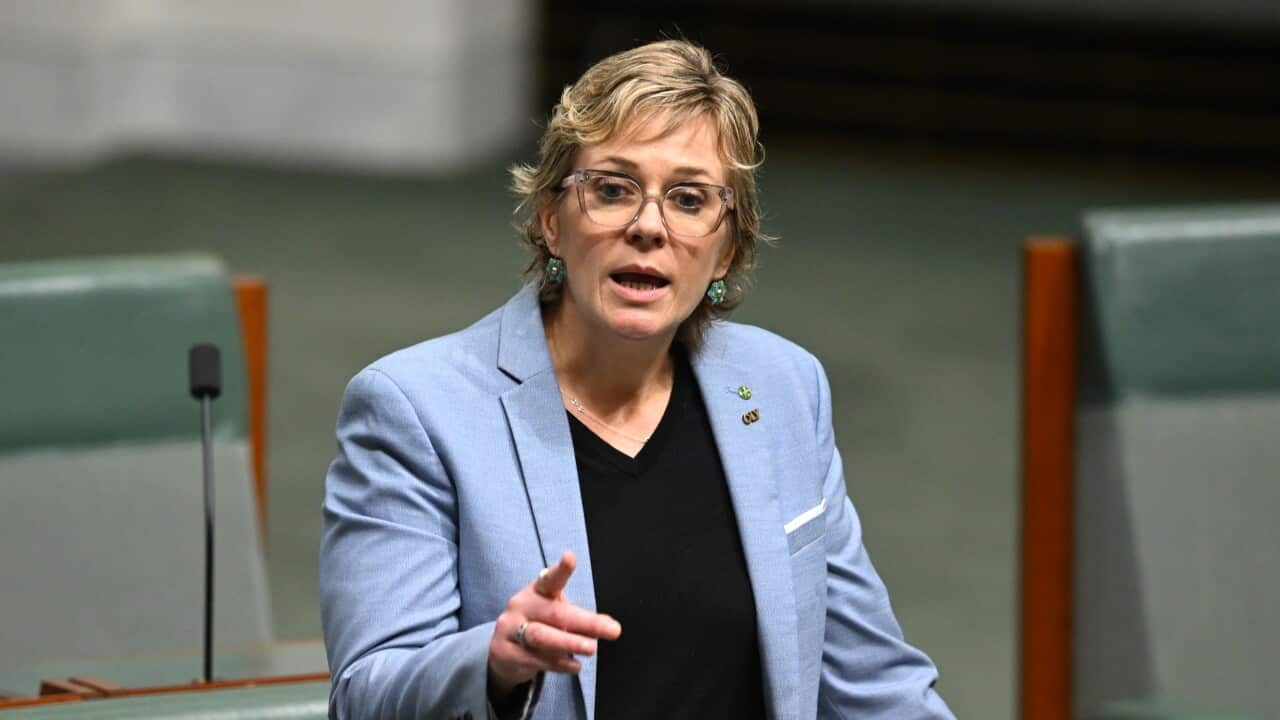Key Points
- Teal MPs have called for party leaders to lead by example and stop "unacceptable" behaviour in parliament.
- New laws and an independent body have been introduced to improve parliamentary behaviour.
- Federal politicians could face sanctions, large fines and potential suspension.
Independent MP Zali Steggall and her teal colleagues have called on the leaders of the two major parties to "stop it at the top" and stamp out "unacceptable" behaviour in parliament.
The federal politicians demanded Prime Minister Anthony Albanese and Opposition leader Peter Dutton lead by example as new laws to improve parliamentary behaviour were introduced to the House of Representatives on Wednesday.
The Independent Parliamentary Standards Commission will have the power to investigate, fine and impose sanctions on parliamentarians, their staff and other people in federal parliament.
However, Stegall highlighted that the new laws exclude comments made under parliamentary privilege inside the chamber, which she described as perpetuating a negative "mob mentality".
The member for Warringah was heckled several times last Thursday by Dutton as she questioned his demand for a blanket ban on visas out of Gaza and urged him to "stop being racist".
"[Peter Dutton] is the first to turn around in those situations and yell out and heckle and the MPs under him — the Coalition MPs — take their cue from his leadership and that is unacceptable," she told reporters on Wednesday.
"And this is not conduct that is just of the Opposition. We have also seen Labor MPs, I think, condoned by the prime minister, heckle other members of the crossbench because they do not agree with their ideology or position. That is also unacceptable."
Crossbench MPs — who only get two questions in the chamber each day — have repeatedly called out the level of heckling and yelling that can drown out their opportunity to ask questions on behalf of their community.
Independent MP Sophie Scamps said the "toxic" and "disrespectful" behaviour had become normalised, claiming many Coalition MPs wore how many times they've been booted out of the chamber like a "badge of honour".
She reminded her colleagues they were modelling behaviour to the rest of the country, including young children.
"Kids come here and they see what happens in parliament, the aggression, the toxicity, the disrespect. It has to stop," she said.
"Not only do we need a 'stop it at the start' campaign, we need a 'stop it at the top' campaign. It's the leaders that need to role model the correct behaviour, and it starts with respect".
Scamps called on all federal MPs to "do better".
What laws are being proposed to change parliamentary behaviour?
The independent watchdog, a recommendation from a landmark report into the culture of the parliamentary workplace, will review incidents in parliament.
It will have the power to impose sanctions, which include a fine of between 2 to 5 per cent of the base salary of an MP or senator, or suspension from parliament for a period of time.

Source: SBS News
The commission was recommended as part of a 2021 report carried out by the Australian Human Rights Commission into the workplace culture of Parliament House.
Independent MP Allegra Spender said politicians were "a long way" from their code of conduct which says all parliamentarians must treat each other with "dignity, courtesy, fairness and respect".
Deputy opposition leader Sussan Ley said the legislation into parliamentary behaviour, which included recommendations from the Jenkins Review, was "important work".
"I haven't seen this legislation. I want to look at it closely. I know that my party room will do the same thing. So we will examine it, and we will see what our response is at that time," she said.
Nationals senator Matt Canavan told Nine's Today program the idea "is fine in theory, but I don't think it's going to work in practice. I mean, $11,000 is not going to be enough to deter badly behaving people".
With additional reporting from AAP



